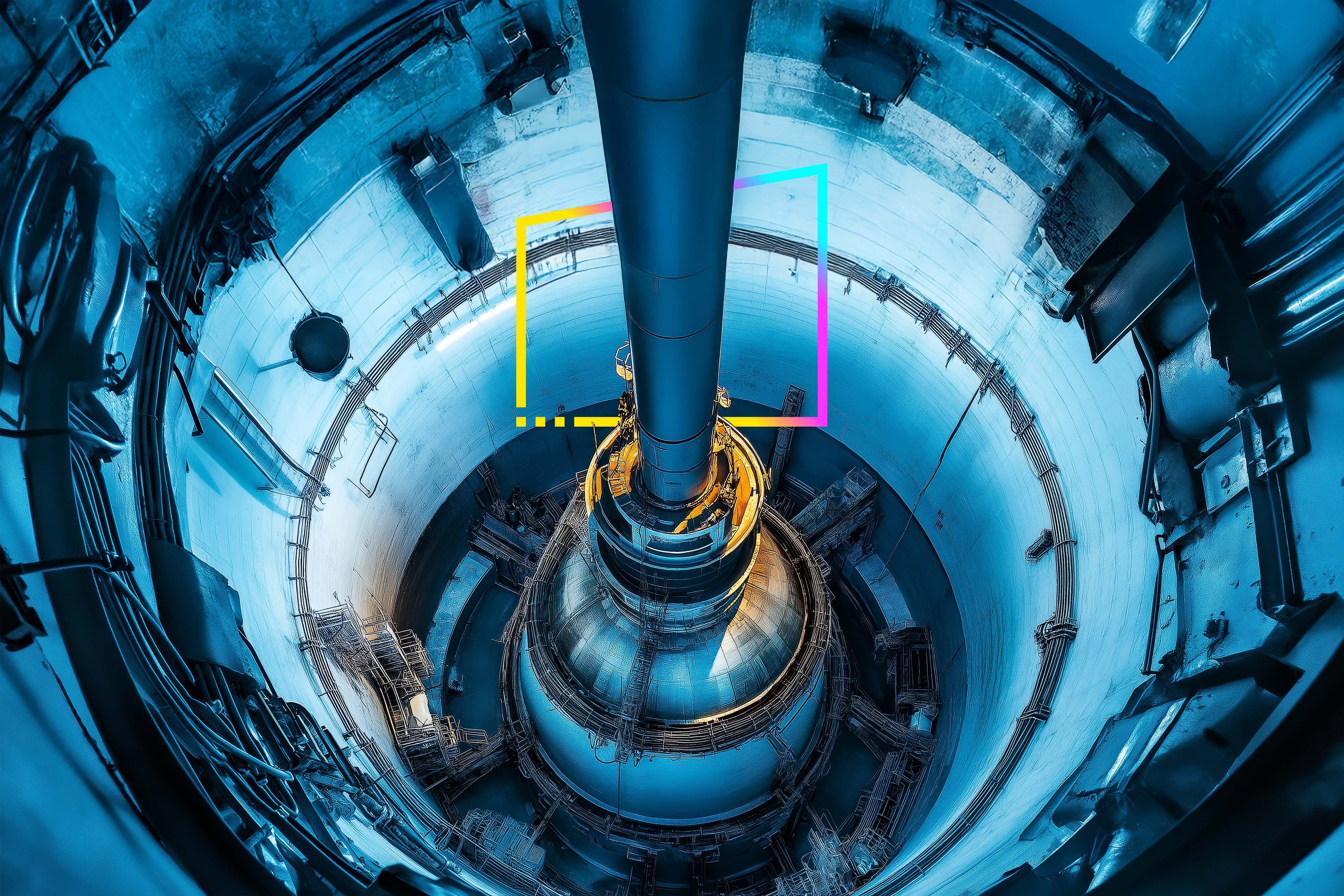EY refers to the global organization, and may refer to one or more, of the member firms of Ernst & Young Global Limited, each of which is a separate legal entity. Ernst & Young Global Limited, a UK company limited by guarantee, does not provide services to clients.
SC judges differ on invocation of doctrine of legitimate expectation with respect to sales tax incentive
This tax alert summarizes a recent ruling of the Supreme Court (SC) on invocation of doctrine of legitimate expectation against removal of exemption granted to persons engaged in blending of tea under the West Bengal Sales Tax Act, 1994.
In 1999, a tax holiday was granted to new small scale industrial units for a specified period. As per the scheme, such units were exempt from payment of sales tax on purchase of raw materials used in manufacturing activity.
Relying upon the said scheme, assessee had set up a unit for manufacturing blended tea and was granted an eligibility certificate for a period of seven years by the Deputy Commissioner for claiming sales tax exemption.
The definition of the term “manufacture” in the West Bengal Sales Tax Act, 1994 was subsequently amended to remove blending of tea from its ambit. Consequently, the eligibility certificate was modified and exemption from payment of sales tax granted to assessee was discontinued.
Assessee challenged the aforesaid action/ amendment before the Tribunal. The order dismissing the appeal was further challenged before the Calcutta High Court (HC) which confirmed the Tribunal’s order. Aggrieved by the same, assessee preferred an appeal before the SC.
The judges of the division bench of SC differed in their verdict. The first judge agreed to the decision of the HC and concluded that the assessee was not entitled to exemption once it ceases to be the manufacturer. Further, the assessee’s argument on the principles of legitimate expectation had no substance.
However, the second judge observed that a legitimate expectation lured the assessee to set up a unit, under the assumption that the State authority would hold true to its promise, act in a fair manner and abide by the decision made by it. The said expectation was then snatched away without any appropriate justification. Therefore, the benefit of exemption should be available to the assessee for the period promised by Revenue.
Comments
- In view of the divergent opinions, the matter is likely to be placed before the Chief Justice of India for constituting an appropriate bench.
- The second judge has reiterated the principle that doctrine of legitimate expectation cannot be invoked only when the changes/ amendment is carried out in public interest.
- This ruling may be relevant for businesses who would have commenced availing the benefit of State/Central incentives, but the same were subsequently rescinded, curtailed or withdrawn.


